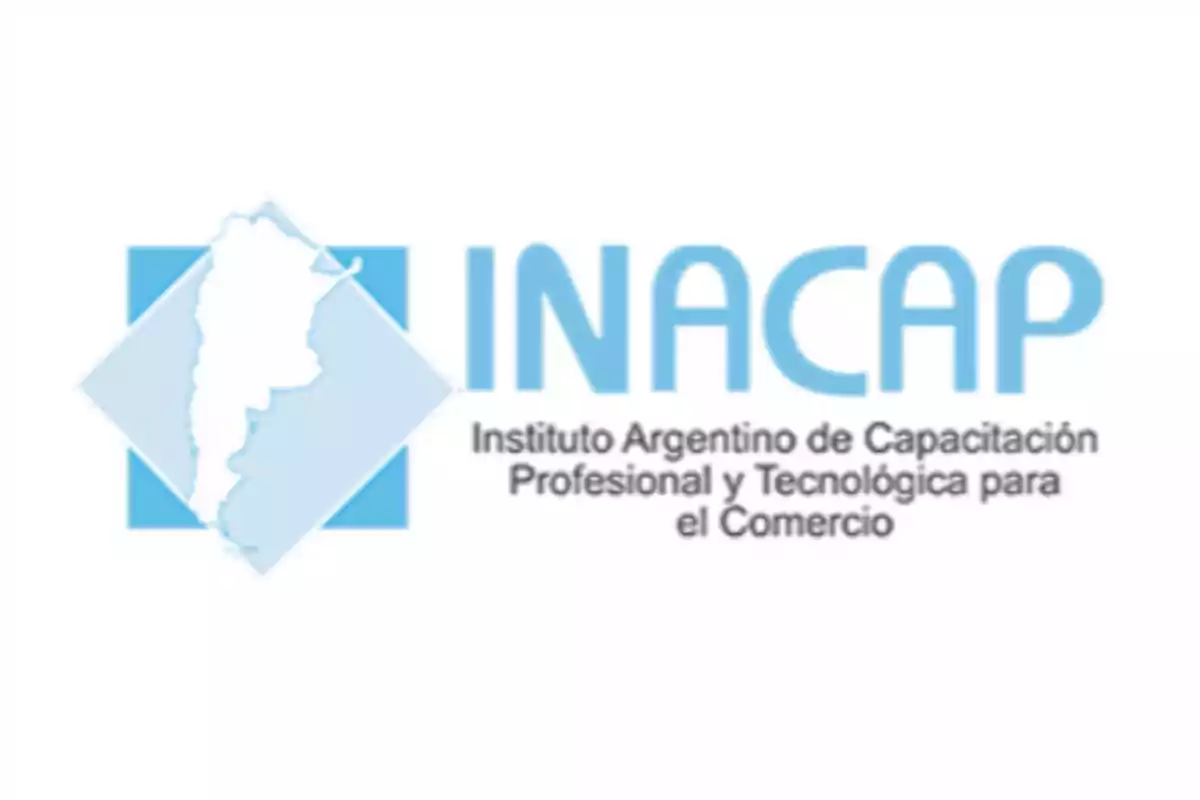
The Government eliminated the 'private taxes' in favor of the business chambers
The contribution, which was mandatory even for non-affiliated employers, becomes voluntary
Starting in June 2025, businesses across the country will no longer be required to make contributions to the Argentine Institute of Professional and Technological Training for Commerce (INACAP), a fund that collected nearly $70,000 million per year. The decision, which represents relief for business owners in the sector, was celebrated as progress in reducing labor and bureaucratic costs.
Until now, many collective bargaining agreements imposed mandatory contributions in favor of business chambers, which were required even from employers who were not affiliated with or members of those entities. In the case of the commercial sector, the amount was equivalent to 0.50% of the starting salary of a worker in the Maestranza "A" category. In March, the monthly contribution amounted to $4,725.02 for each registered employee.
A change with significant economic impact
Given that there are around 1.2 million registered workers under the commerce agreement in Argentina, it is estimated that INACAP received about $5,600 million per month. The funds collected were managed by the Argentine Confederation of Medium-Sized Enterprises (CAME), the Argentine Chamber of Commerce and Services (CAC), and the Union of Argentine Commercial Entities (UDECA), which then redistributed funds to member chambers in the country's interior.
However, there was no public accountability regarding the use of these resources, and many business owners reported pressure, intimidation, and even legal actions in case of non-compliance.
The government considers it a "private tax"
The elimination of the mandatory contribution was established by Decree 149/2025, which stated that Collective Bargaining Agreements can't impose economic burdens on employers not affiliated with business chambers, except by voluntary acceptance. The regulation provided a 90-day period for its implementation and took effect in June.

Federico Sturzenegger, Minister of Deregulation and State Transformation, argued: "In the caste model, both business owners and union leaders were 'sneaking in' mandatory contributions to finance associations, training institutes, and other structures that operated as real private taxes."
Business owners are now calling for this measure to become law to prevent future governments from reinstating these mandatory mechanisms.
Voices for and against
The Argentine Chamber of Distributors and Wholesale Self-Service Stores (CADAM) expressed its support for the regulation and criticized the institute's position: "The contribution increased labor costs without providing real benefits for employers or workers. INACAP's attempt to maintain the mandatory payment creates confusion and goes against the current decree."
Meanwhile, the Argentine Chamber of Commerce and Services (CAC) had defended the system, stating that: "INACAP's resources enable training activities on a national scale, which are essential for many chambers that could not survive without these funds."
What is INACAP and how did it operate?
The institute was created in 2008 by a collective bargaining agreement between the Argentine Federation of Commerce and Services Employees (FAECYS) and business entities such as CAC, CAME, and UDECA. It operates as a non-profit civil association with its own legal status. It offers both paid and free courses in areas such as administration, economics, production, logistics, marketing, and sales.
Its predecessor was INCAPTEC, created in 1975. Although it has a history of training activities, the lack of transparency and the mandatory nature of the contribution had caused multiple complaints from the private sector, which now celebrates the end of this imposition.
More posts: